Leaders
CPNDS Executive Steering Committee

Bruce C. Carleton, B.Pharm, Pharm.D
CPNDS Principal Investigator
“My research focus is on the impact of drug therapy on human health and quality of life”, says Dr. Carleton. “My lifelong goal is to make medication use safer and more effective for all patients – particularly children”.
Dr. Carleton is researching better ways to evaluate the effectiveness of drugs, medication-use models designed to improve patient health, and practical surveillance systems to improve the safe use of medication. He has clinical interests in the use of medications in children, as well as the epidemiology, pharmacogenomics and clinical management of adverse drug events.
“The key element of my research is the communication of results to clinicians, patients, health care administrators, and government staff, who also hold responsibilities to improve patient care and our systems of healthcare delivery,” says Dr. Carleton.
Dr. Carleton is a senior clinician scientist at CFRI, a professor of Pediatrics at UBC, and director of the Pharmaceutical Outcomes Programme at BC Children’s Hospital and BC Women’s Hospital & Health Centre, agencies of the Provincial Health Services Authority.

Colin Ross, MSc, PhD, is an Associate Professor at UBC, Faculty of Pharmaceutical Sciences and is responsible for CPNDS genomic analyses and co-lead of the CPNDS’s Genome Canada Go-PGx project. His key area of research is to understand why some patients respond positively to certain medications, while a small fraction of similar patients develop serious, debilitating or even life-threatening adverse reactions to the same medications.

Denis Lebel, B.Pharm, MSc, is a pharmacist at CHU Sainte-Justine in Montréal, and is part of “Unité de Recherche en Pratiques Pharmaceutiques. His main research focus is evaluation of technology and safe medication use. He finds it hard to tell parents the reason for their child’s adverse drug reaction is unknown. Identification of genetic risk factors will help explain those reactions and contribute to prevention.
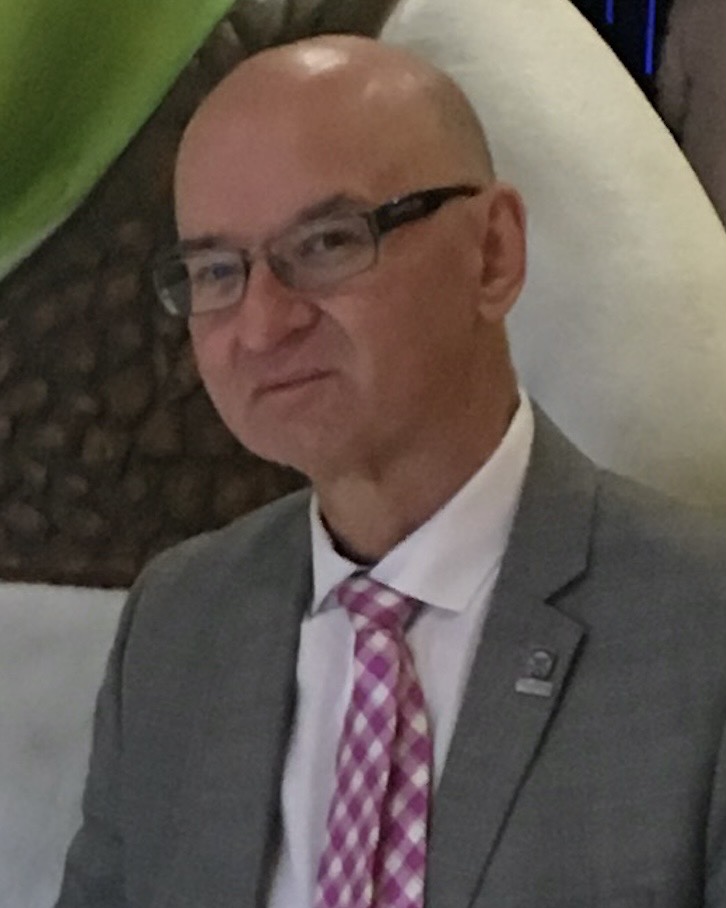
Michael Rieder, MD, PhD, is a Professor, Departments of Medicine/Dentistry, Pediatrics, and Physiology/Pharmacology at the University of Western Ontario and CIHR-GSK Chair in Paediatric Clinical Pharmacology at the Schulich School of Medicine & Dentistry. His principal area of research is adverse drug reactions, with a special focus on mechanistic studies of hypersensitivity ADRs including the role of reactive drug metabolites in ADRs.

Shinya Ito, MD, FRCPC, is a Professor at the University of Toronto and Head of the Division of Clinical Pharmacology & Toxicology in the Department of Paediatrics at the Hospital for Sick Children in Toronto. His key areas of research interests are 1) Breastfeeding and drug safety 2) Paediatric pharmacogenomics and 3) Drug transporter pharmacology.
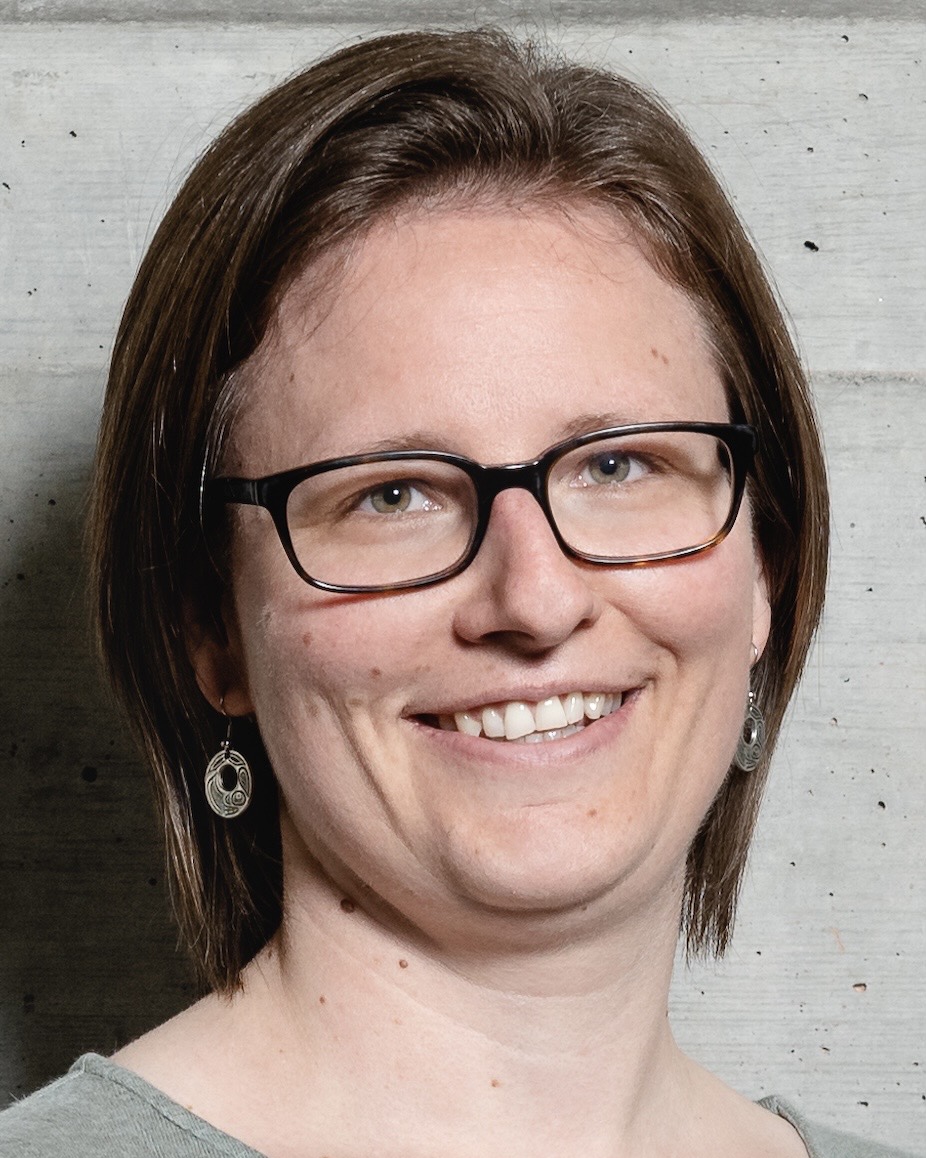
Ursula Amstutz, MSc, PhD, is an Associate Professor at the Medical Faculty of the University of Bern, and co-head of the Clinical Genomics Lab at the Inselspital Bern University Hospital in Switzerland. Her research interest is on the use of genomic information to improve patient care with a focus on identifying patients with an increased risk of adverse drug reactions, and the monitoring of organ transplant recipients and cancer patients using cell-free DNA. At the Clinical Genomics Lab, she provides diagnostic laboratory services for pharmacogenetic and liquid biopsy testing in daily clinical practice.

David K. Lee, JD, is the Chief Regulatory Officer for the Health Products and Food Branch. In this role, he advises on regulatory matters across the Branch; guides the development of legislative and regulatory amendments; leads foresight initiatives for food and health product regulation; and coordinates with the Department of Justice on certain litigation. David was previously the Director of the Office of Legislative and Regulatory Modernization, Health Canada. Prior to that, he was the Director of the Office of Patented Medicines and Liaison which administered the Patented Medicines (Notice of Compliance) Regulations and provided liaison for health product litigation. David received his law degree at Queen’s University, and articled at the Federal Court of Canada. He worked in private practice until joining Health Canada in 1999. He has lectured extensively on intellectual property law and food and drug law both nationally and internationally.

Gabriella Groeneweg, MA, has a Masters of Arts in Professional Communications, focused on organizational behaviour. She works in complex health system environments at the intersection between policy making, clinical decision making for patient care and clinical research. Her professional interests and passions lie in better understanding the conditions that promote and facilitate organizational change and the barriers to creativity and innovation in organizational behaviour. Her expertise is in Knowledge Translation (KT) to promote the implementation of health research into clinical practice settings. For the past 10 years she has worked at the BC Children’s Hospital Research Institute on numerous projects moving research into clinical practice. She firmly believes that research is a critical component of patient care.
CPNDS Site Principal Investigators
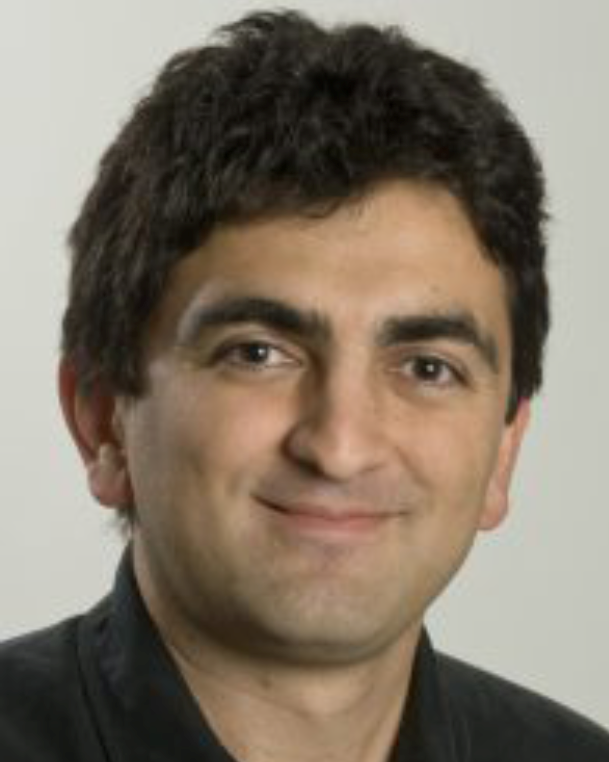
Rod Rassekh, MD, MPH, is a pediatric oncologist at BC Children’s Hospital. His main research interest is identifying risk factors for adverse events due to chemotherapy. As a doctor treating children with cancer, he currently has to use chemotherapy which come with major side effects, many of which are life threatening. His goal is to make chemotherapy safer for kids by identifying genetic risk factors that may help him personalize treatment for children being diagnosed with cancer.
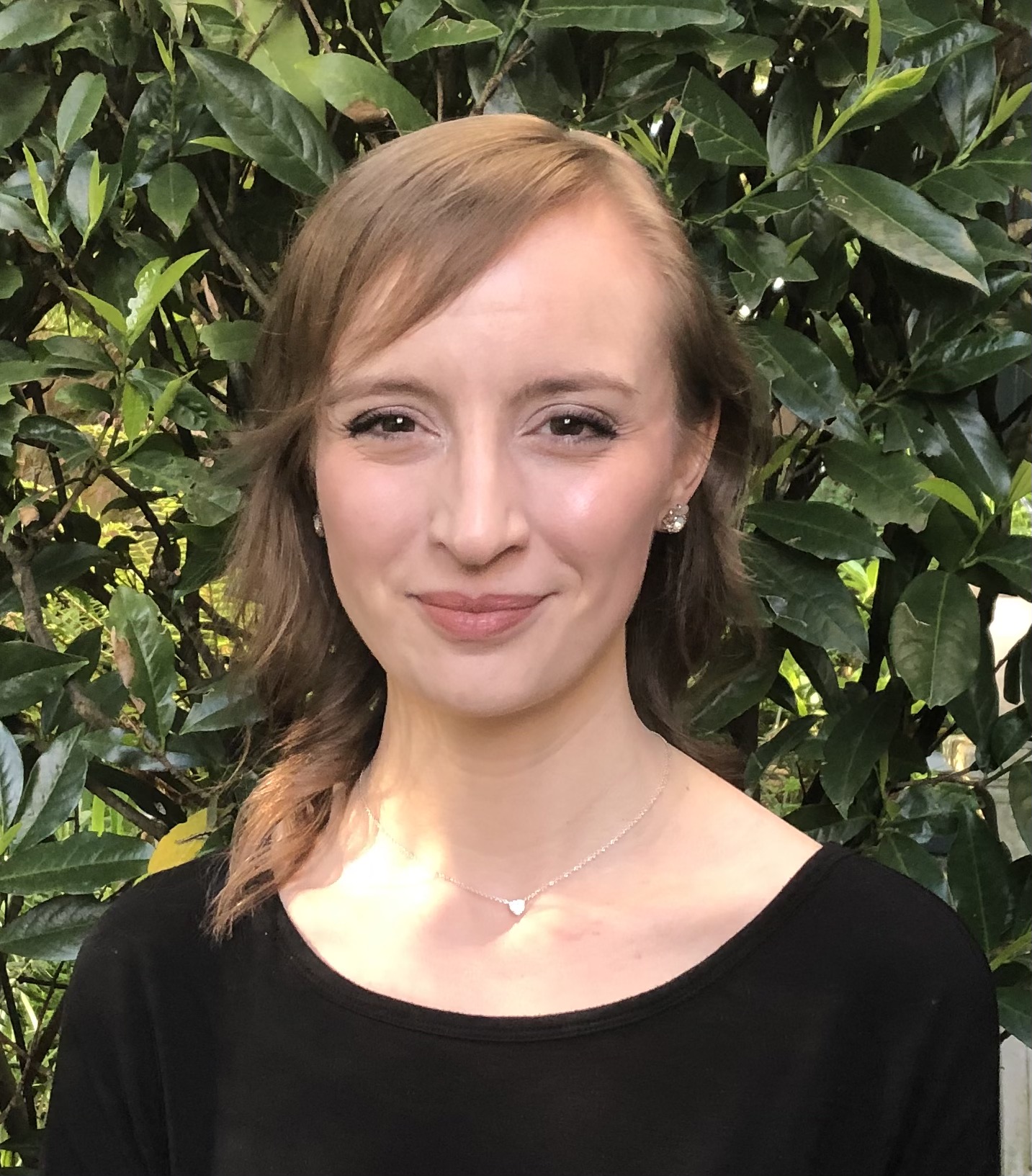
Catrina Loucks, MSc, PhD, is an Assistant Professor in the Department of Pediatrics and the Department of Anesthesiology, Pharmacology & Therapeutics at the University of British Columbia. Catrina is working to improve pain management in women and children by identifying genetic factors that can help predict an individual’s need for, and subsequent response to, specific analgesics, as well as working to translate genetic discoveries into improvements in clinical care. Together, her work will allow for more individualized risk-benefit decisions for pain management in women and children, while also contributing to the discovery of novel components of pain response pathways that could pave the way for novel pain management strategies with increased safety and effectiveness.

Jean-François Bussières, B. Pharm, MSc, MBA, FCSHP, is Director of Pharmacy Department and Pharmacy Practice Research Unit at CHU Sainte-Justine and Professor at Faculty of Pharmacy, Université de Montréal. His research interests includes the evaluation of pharmacy practices, pharmacotherapy in mother-child, legislation, ethics and drug-use process technologies. He blogs on http://urppchusj.wordpress.com.

Geoff Cuvelier MD, FRCPC, is a pediatric oncologist at CancerCare Manitoba in Winnipeg and an Associate Professor at the University of Manitoba in the Department of Pediatrics and Child Health. He is the site PI for the CPNDS at the Winnipeg Children’s Hospital and CancerCare Manitoba. Dr. Cuvelier has an interest in minimizing the long-term side effects of chemotherapy in children being treated for cancer.

Kerry Goralski, PhD, is a Professor in the College of Pharmacy at Dalhousie University and the Co-Site Lead for the CPNDS Go-PGX Project at the IWK health Centre in Halifax. He is researching the pharmacology of natural product molecules called jadomycins with the goal of determining their usefulness in treating drug-resistant metastatic breast cancer. His other research interests include clinical pharmacokinetics and drug metabolism and transport.
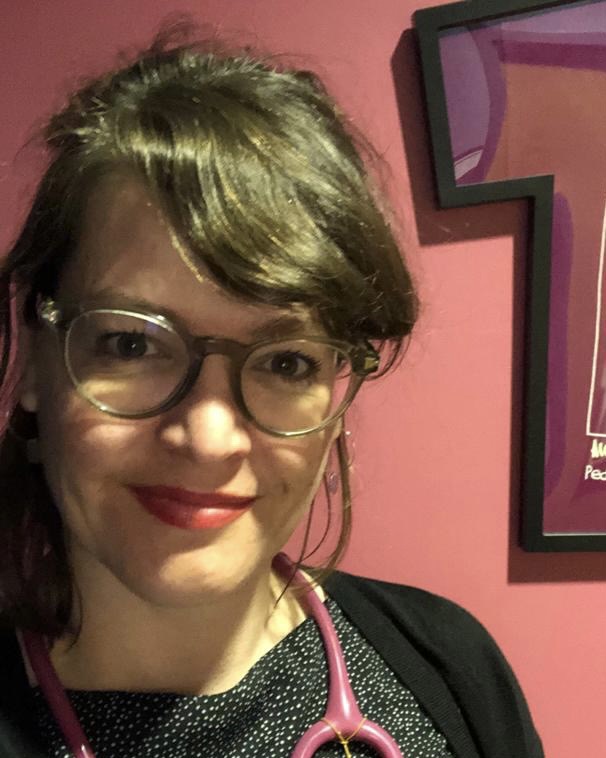
Lucie Pecheux, MD, MSc, is a pediatric oncologist-hematologist at the Stollery Children’s Hospital and assistant professor at the University of Alberta since 2019. Her research interests are focussed on pediatric cancer predispositions and pediatric cancer genomics. As a clinician, she is interested in improving care of children treated for cancer through supportive care amelioration, identification of genetic risk factors of chemotherapy side effects, and identification of treatment molecular targets in hard-to-treat pediatric cancer.

Kathleen Felton, MD, MSc, is a pediatric oncology at Jim Pattison Children’s Hospital, Saskatoon, SK and assistant professor at the University of Saskatchewan. Her main research interest is focused on pediatric cancer predisposition. As a clinician, she is the lead physician for the pediatric neuro-oncology clinic, providing multi-disciplinary care for her patients and families.

Greg Guilcher, MD, FRCPC, FAAP, is an associate professor of oncology and pediatrics at the University of Calgary. His clinical and research focus is hematopoietic cell transplantation (HCT) for non-malignant diseases. He also studies acute and late effects of oncology and BMT therapies. He serves as the Vice Chair of the Board of Directors and Clinical Operations for the Sickle Transplant Alliance for Research. STAR aims to make HCT safer and more accessible for sickle cell disease. He also serves as the Chair of the HCT Late Effects Taskforce for the Children’s Oncology Group. He is the Clinical Director of the Alberta Children’s Hospital HCT program, has volunteer leadership roles within the Royal College of Physicians and Surgeons of Canada and teaches regularly in Mbarara, Uganda.

Geert ‘t Jong, MD, PhD, is an Assistant Professor of Pediatrics and Pharmacology at the University of Manitoba, and has been the Winnipeg Site Lead since 2012. His research focuses on pharmacology in pediatrics, including pharmaco-epidemiology, pharmacogenomics and clinical trials. He is Lead for the Therapeutics Taskforce of the Canadian Pediatric Society, and Chair of the Drug Committee. He leads the initiative to develop a National Pediatric Drug Information Handbook, and is an active member of several Canadian and international networks and societies. Until 2019, he led the Clinical Research Unit at the Children’s Hospital Research Institute of Manitoba, where a dedicated team conducts independent research as well as industry trials. He serves as Associate Head and Associate Medical Director for the Department of Pediatrics & Child Health, and is Head of the Section of Pediatric Hospital Medicine.

Geoffrey Liu, MD, MSc, is the Alan B. Brown Chair in Molecular Genomics and the Cancer Care Ontario Chair in Experimental Therapeutics and Population Studies. He is the Director of the Applied Molecular Profiling Pharmacogenomic Epidemiologic Laboratory at Princess Margaret Hospital and Ontario Cancer Institute. He is the co-Director or the Ontario Patient Reported Outcomes of Symptoms and Toxicity (On-PROST) Applied Clinical Research Unit, the Co-Director of the COMBEL (Cancer Outcomes, Medicine, Biostatistics, Epidemiology and Laboratory) Training Initiative at Princess Margaret Hospital, and Associate Professor of Epidemiology, Dalla Lana School of Public Health, and the Departments of Medicine and Medical Biophysics at the University of Toronto. His research focus is on the pharmacogenomic epidemiology of solid cancers, pharmacogenomic biomarker discovery and validation through clinical trial and population studies, and pharmacogenomic knowledge translation.
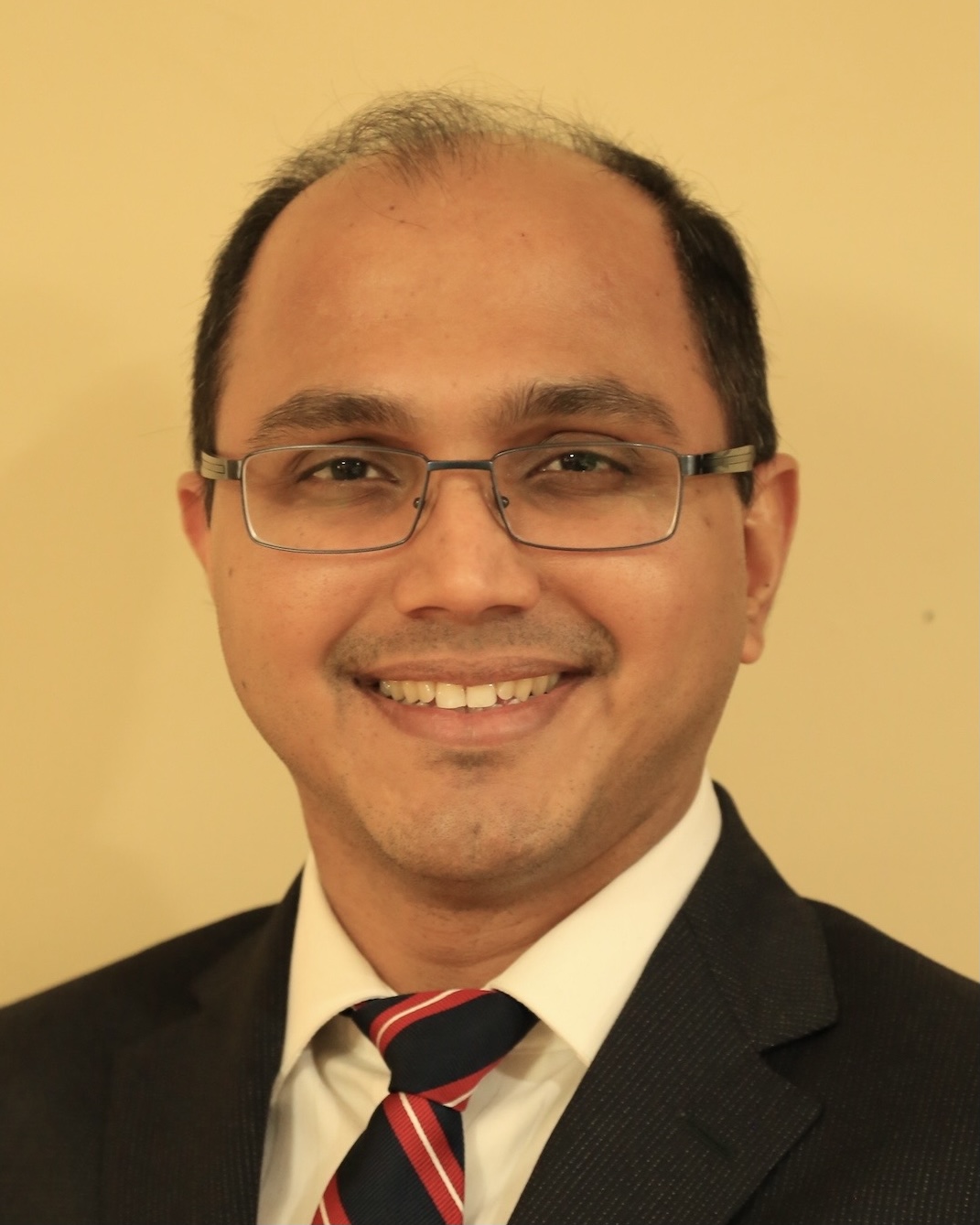
Ketan Kulkarni, MD, FRCPC, is a clinician-researcher, pediatric hematologist-oncologist, associate professor in pediatrics, pathology, hematology and pharmacy at IWK health center and Dalhousie University. He has been interested in studying adverse events related to cancer and its therapy, complications associated with central venous catheters, and survival outcomes. To advance research and knowledge in the same, he is actively engaged in collaboration with basic and translational researchers in pharmacy, pharmacology, gastroenterology, immunology, cancer biology, mathematics and bioinformatics, and epidemiology amongst others to find innovative ways of improving the care of pediatric hematology oncology patients. He attempts to focus on using advanced technologies to improve care and outcome of children with cancer. He is fortunate to have an expanding research program with several students and trainees at all levels of training from undergraduate to postdoctoral and well as medical students and residents.
CPNDS Science Advisory Board

Beth Brooks, MSc, is a Clinical Assistant Professor at the School of Audiology and Speech Science at the University of British Columbia and an audiologist at BC Children’s Hospital. She has done research in aural rehabilitation, focusing on communication strategies and sensory devices for people with severe-profound hearing loss. She has taught speechreading (lipreading) at the Vancouver Community College since 1981 and has particular interests in ototoxicity and hearing assessment of difficult-to-test children.

Robert L. Poole, Pharm.D, FPPAG, FCSHP, FASHP, is the Chief Pharmacy Officer and Executive Administrative Director of Clinical Services at Lucile Packard Children’s Hospital at Stanford and Clinical Professor of Pharmacy at the University of California, San Francisco, School of Pharmacy. Areas of research include Adverse Drug Reactions in Children, Prevention of Medication Errors and Pediatric Parenteral Nutrition.

Mara Medeiros, MD, PhD, is a Professor in the Department of Pharmacology, School of Medicine, National Autonomous University of Mexico, researcher, and head of the Nephrology and Bone Mineral Metabolism Research Laboratory at the Federico Gomez Children’s Hospital in Mexico City. Her principal areas of interest are drug induced nephrotoxicity, immunosuppressant pharmacokinetics-pharmacogenomics, biomarkers of graft rejection and renal function.

Daniel Bernstein, MD, is the Alfred Woodley Salter and Mabel G. Salter Endowed Professor of Pediatrics (Cardiology) and Associate Dean for Curriculum and Scholarship at the Stanford School of Medicine. His research has focused on the use of human induced pluripotent stem cell-derived cardiomyocytes (hiPSC-CMs) as a platform to study the mechanisms of cardiovascular disease, and as an adjunct to phamacogenomic screening of gene variants suspected to play a role in drug cardiotoxicity.

J. Steven Leeder, PharmD, PhD, is the Marion Merrell Dow Endowed Chair in Pediatric Precision Therapeutics at Children’s Mercy Kansas City (CMKC), Kansas City, Missouri. He is Deputy Director of the Children’s Research Institute at CMKC and Associate Chair-Research, Department of Pediatrics. His research focuses on characterizing the relative contributions of ontogeny and genetic variation to observed variability in drug disposition and response in children as embodied in the GOLDILOKs initiative: Genomic- and Ontogeny-Linked Dose Individualization and cLinical Optimization for Kids.

Neil H. Shear, MD, FRCPC, FACP, FCDA, FAAD, is Professor Emeritus at the University of Toronto. He is appointed in Dermatology, Internal Medicine, Clinical Pharmacology and Toxicology and the Department of Pharmacology. Dr. Shear was a pioneer in the early research of drug-induced diseases and continues to actively teach, mentor and conduct research on drug safety. He founded the Drug Safety Clinic at Sunnybrook Health Sciences Centre in the 20th century and was the director for more than 20 years. Shear works closely with SJS Canada, a not-for-profit dedicated to improving drug safety and increasing awareness of life-destroying severe reactions. He was the founding chair of CADRAC at Health Canada. He has published more than 400 peer-reviewed papers. He edits Litt’s Drug Eruption and Reference Manual.